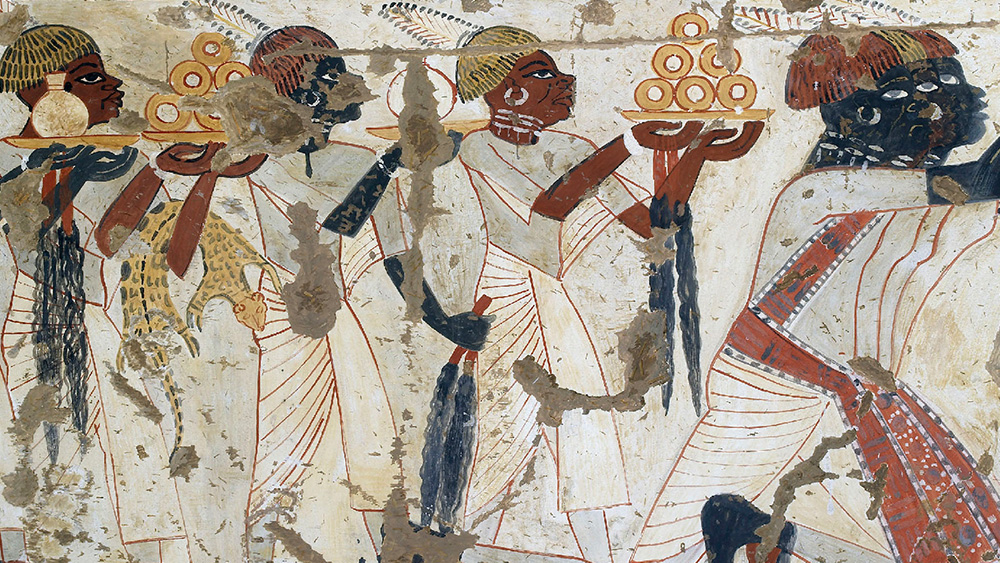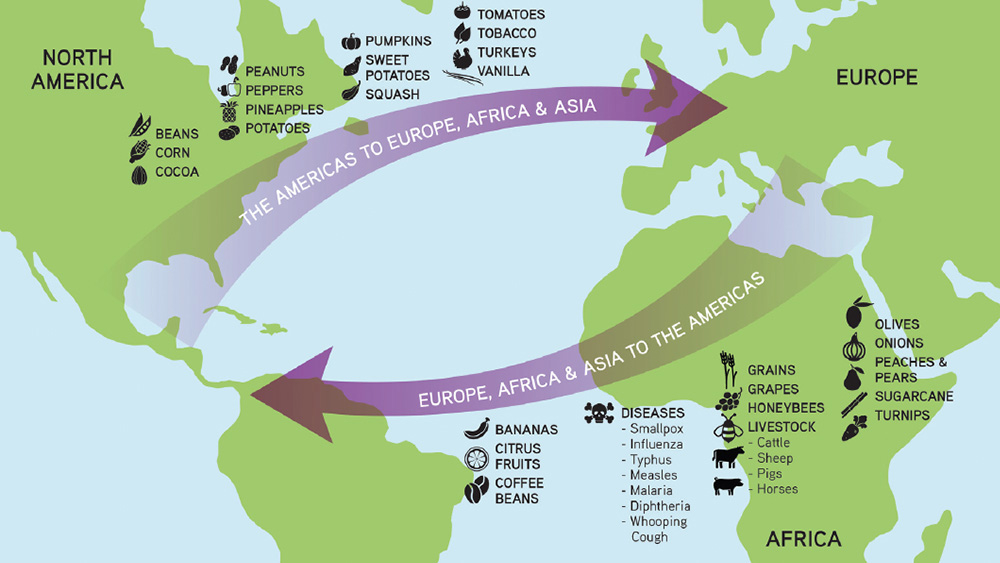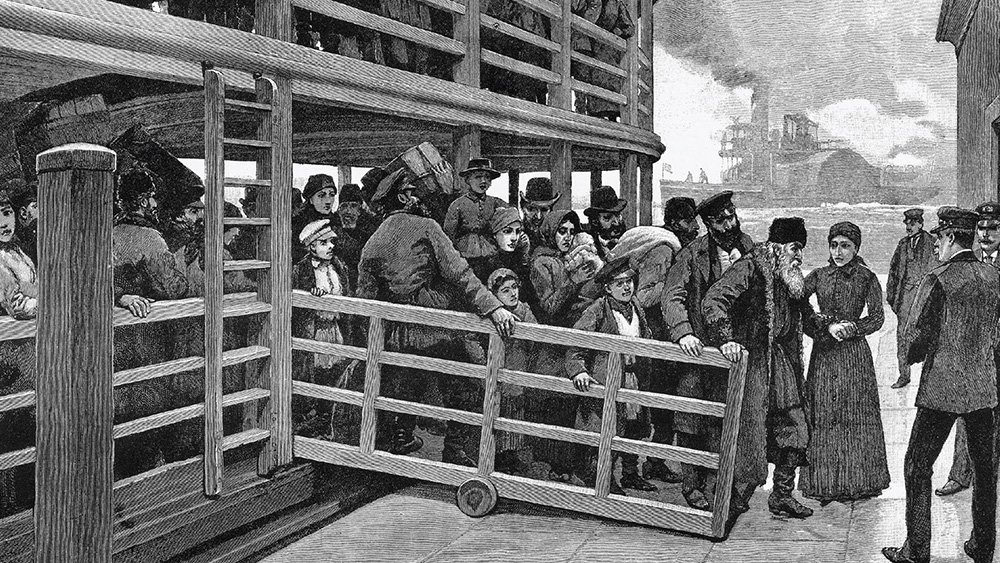Writing
Teaching writing in a social studies classroom is about honing students’ ability to make reasoned, evidence-based arguments on the page. Browse our collection of writing prompts, teaching tools, and activities to help you support their achievements.

 Teaching This Skill
Teaching This Skill

Writing Guide
Strategies for instructing and supporting both formal and informal writing.

Writing Rubric
Provide detailed feedback to help students target specific areas for growth.

Incorporating AI Into Writing
A quick, easy-to-modify lesson to help your students experiment with using AI in the writing process.

Informal Writing Routines
Quick strategies for incorporating informal writing into everyday routines.

World History Formal Writing Opportunities
Quickly locate DBQs and LEQs in all OER Project: World History courses.
Writing Activities
Writing: Identifying Claim and Focus

Activity
Writing: Identifying Claim and Focus
Identifying claim and focus will help you write more effective arguments. Can you find the claim in an article on foraging?
Post-Writing: Claim and Focus

Activity
Post-Writing: Claim and Focus
Explore the OER Project Writing Rubric and consider how to make revisions that strengthen claim and focus.
Writing: Identifying Analysis and Evidence

Activity
Writing: Identifying Analysis and Evidence
Reviewing someone else’s writing is a great way to build your own skills. Read a sample essay and evaluate it using the Analysis and Evidence row of the OER Project Writing Rubric.
Post-Writing: Analysis and Evidence

Activity
Post-Writing: Analysis and Evidence
Use this step-by-step checklist to evaluate how well the author used analysis and evidence in their essay.
Writing: Identifying Organization and Language/Style

Activity
Writing: Identifying Organization and Language/Style
Build your understanding of what strong organization and use of language and style look like in writing by evaluating a sample student essay.
Post-Writing: Organization and Language/Style

Activity
Post-Writing: Organization and Language/Style
Use this step-by-step checklist to evaluate how well the author organized their essay and used effective language and style.
Writing Prompts
Writing: Earth’s Structure and Processes

Assessment
Writing: Earth’s Structure and Processes
You’ve brainstormed the topic and read the sources, now it’s time to write!
Writing: Industrialization in the Long Nineteenth Century

Assessment
Writing: Industrialization in the Long Nineteenth Century
Time to write! Demonstrate your understanding of this unit’s content by creating a written argument in response to a prompt.
Writing: Political Revolutions

Assessment
Writing: Political Revolutions
Time to write! Demonstrate your understanding of the causes of political revolutions by creating a written argument in response to the prompt.
Unit 1 LEQ

Assessment
Unit 1 LEQ
You’ve learned a lot of content and skills in this first unit! Time to put it all together in this LEQ as you create an argument about state formation in different parts of the world from c. 1200–1450.
Unit 3 DBQ

Assessment
Unit 3 DBQ
How did governments respond to foreign trade? Examine the documents to assess the responses of various empires.
Writing: Farming vs. Foraging

Assessment
Writing: Farming vs. Foraging
Time to write! Demonstrate your understanding of this unit’s content by creating a written argument in response to a prompt.
Featured Lessons

Lesson 3.5
Early Agrarian Societies
What do early agricultural societies have in common—and how do they differ? Explore the formation of agrarian states and the importance of geography in their development.
View Lesson

Lesson 3.5
The Columbian Exchange
After 1492, oceanic empires and transoceanic trade moved plants, animals, people, and disease to new places. This exchange transformed populations, food, culture, and social structures in every society on Earth.
View Lesson

Lesson 3.4
Global Industrialization
Industrialization didn’t follow one script. As it spread, different regions adapted it to fit their own goals, resources, and challenges.
View Lesson